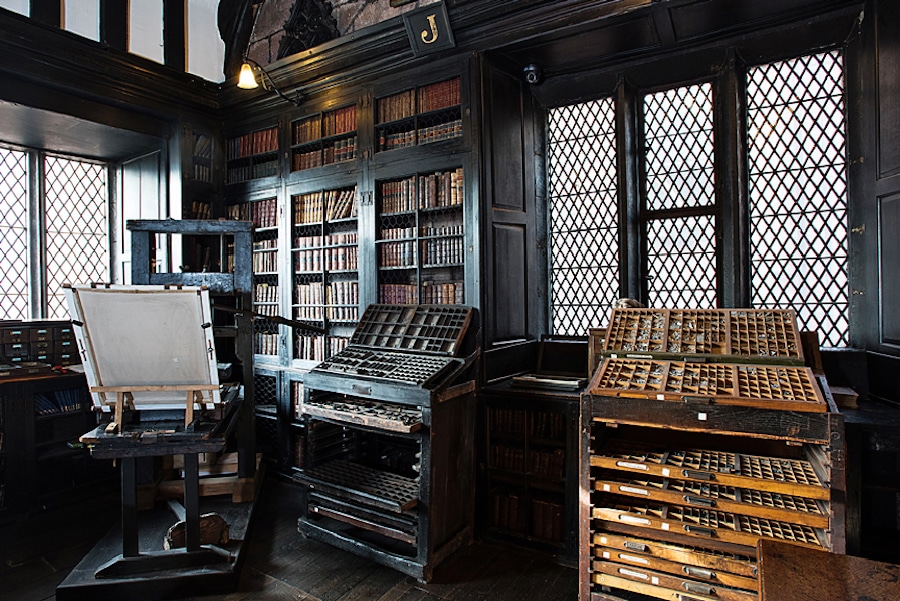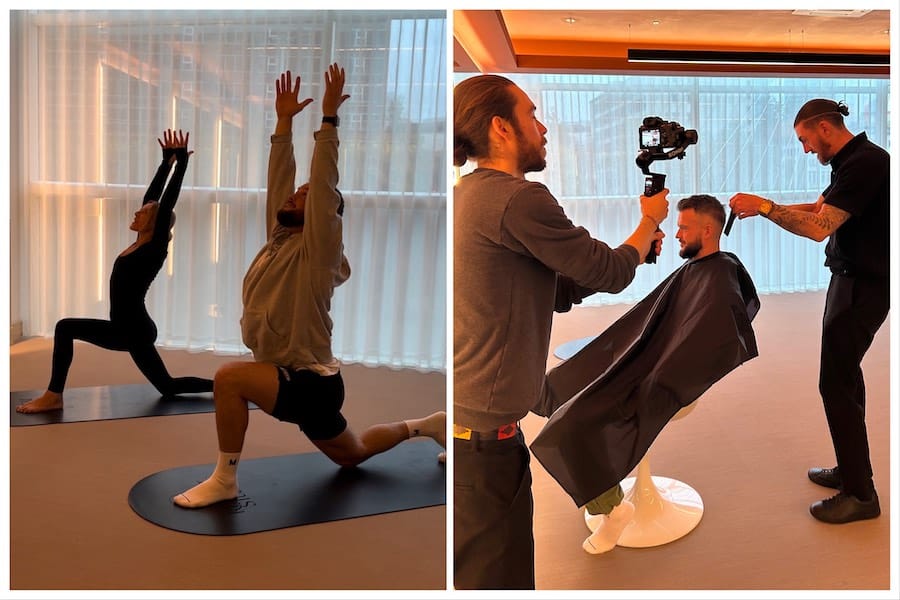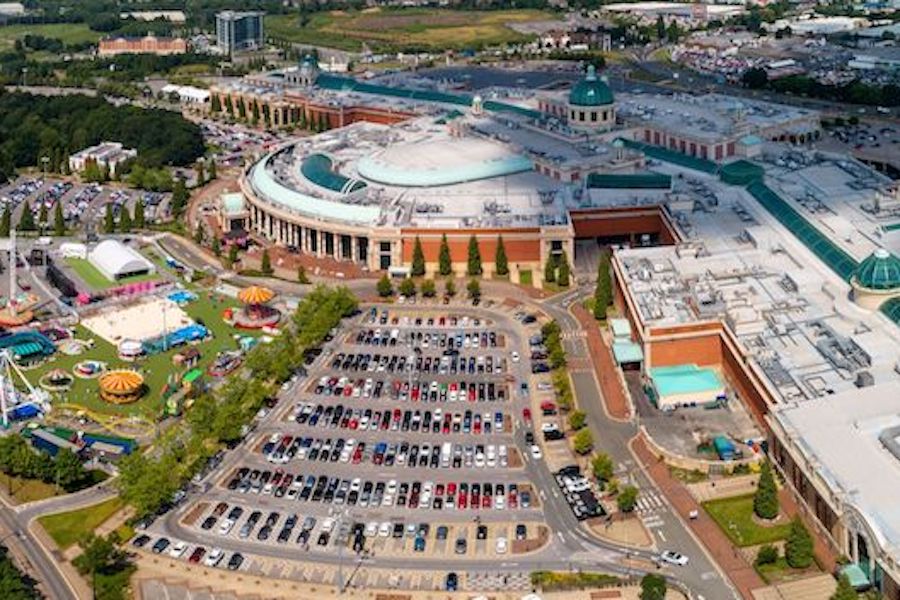New exhibition unravells the truth about cotton and slavery in Manchester’s industrial rise
- Written by Thom Bamford
- Last updated 30 seconds ago
- City of Manchester, Exhibitions, Featured
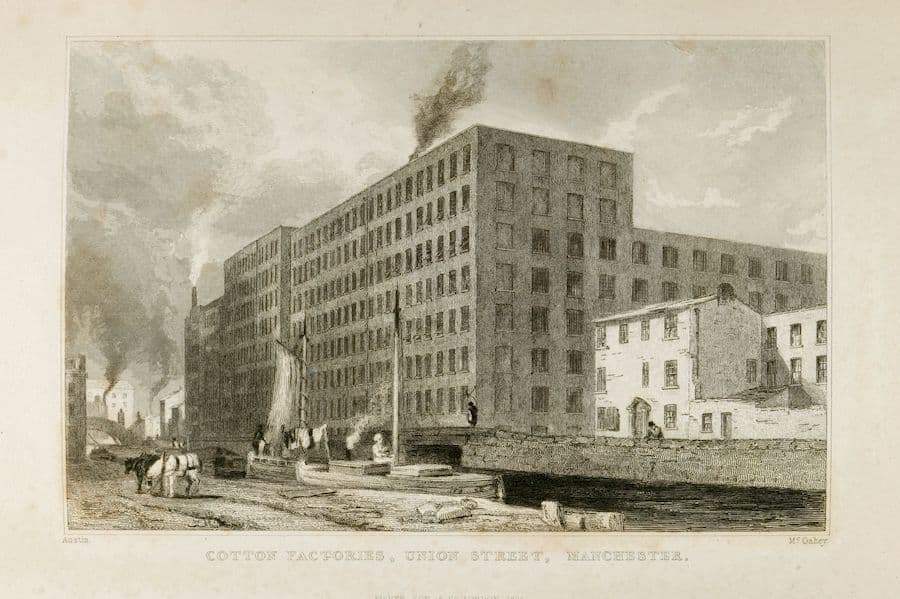
Manchester is about to uncover a powerful, often overlooked chapter of its past.
This city, once the heart of the Industrial Revolution, will soon host a game-changing exhibition that reveals the untold connections between Manchester’s rise and transatlantic slavery.
A new, free exhibition at the Science and Industry Museum will open our eyes to the ways in which cotton—produced by enslaved people in the Americas—flowed through the very site of the museum, shaping not just Manchester, but the world we live in today.
Manchester, cotton and Transatlantic slavery
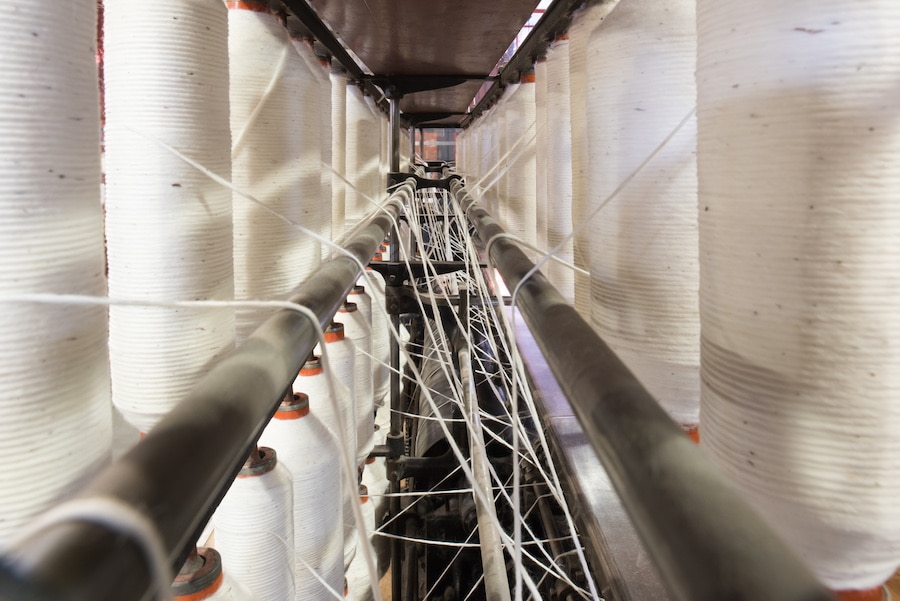
This exhibition will bring the city’s complex and challenging history to the forefront, offering a fresh, collaborative exploration of how the legacies of enslavement continue to affect Manchester and beyond. It’s a story that demands to be told—and it’s one you won’t want to miss.
Set to open in early 2027, the exhibition will shine a spotlight on the pivotal role cotton played in shaping Manchester’s industrial legacy—cotton produced by enslaved people in the Americas that made its way through the very site now occupied by the Science and Industry Museum, formerly Liverpool Road Station.
This new exhibition marks a powerful first for the museum, as it places the city’s connections to slavery at the heart of its narrative for the very first time.
Understanding the world we live in
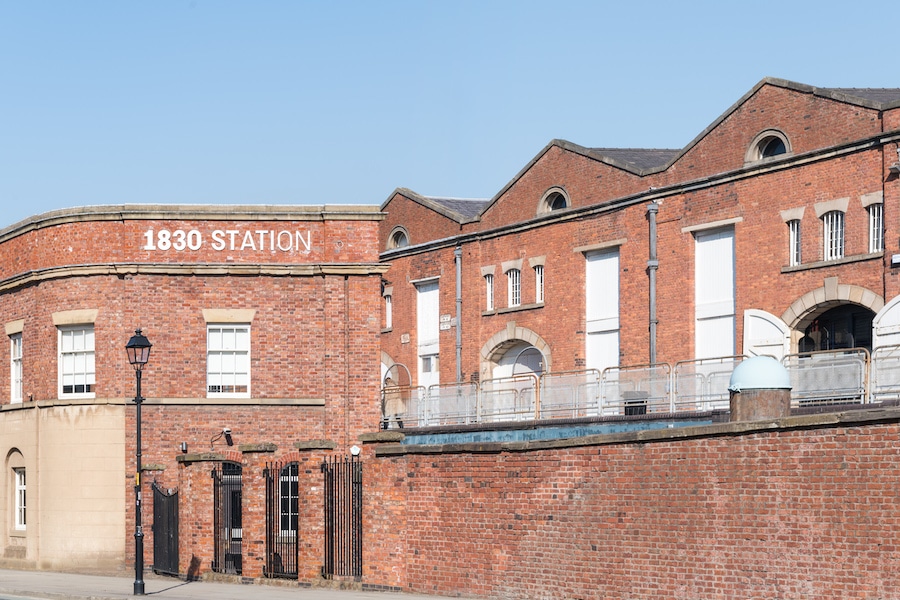
But this isn’t just about remembering the past—it’s about understanding its deep, lasting impact on the world we live in today. Through groundbreaking research and collaboration with African descendant communities locally and globally, the exhibition will open the door to conversations about the legacy of enslavement that still echoes in contemporary society.
This is a history that is impossible to ignore.
Part of a broader, ongoing initiative, the Scott Trust Legacies of Enslavement Programme, this exhibition will not only provide new perspectives on Manchester’s historical links to slavery but also feature a vibrant, city-wide events programme, designed to spark conversations and connect communities.
Scott Trust Legacies of Enslavement Programme
The project’s creators are committed to making this a shared experience, one that allows for deep reflection and dialogue—particularly with communities of African and Caribbean descent—who have long been at the forefront of this critical conversation.
“The history of enslavement is not just about the past. It is about who we are today,” said Sally MacDonald, Director of the Science and Industry Museum. “Through the lens of resistance, creativity, and identity, we will be telling a story of resilience. One that is rooted in the harsh realities of exploitation and inequality, but also in the power of people to rise up and shape their own destinies.”
The collaboration with The Scott Trust, publisher of The Guardian, further enriches the exhibition’s context. The Guardian, founded in Manchester, has deep ties to transatlantic slavery—many of its early founders directly profited from it through the city’s role in the cotton industry. This partnership will allow the museum to bring a truly collaborative, restorative approach to the exhibition, ensuring that the voices and experiences of those most affected by these legacies are heard and respected.
“I am incredibly proud of the work we’re doing to shed light on this chapter of Manchester’s history,” said Katharine Viner, Editor-in-Chief of The Guardian.
“Our mission is to help people understand how deeply the city’s growth is tied to transatlantic enslavement, and through this collaboration, we aim to bring this story to life in a way that resonates with today’s communities.”
“A complex and often uncomfortable history”
Opening in 2027, the exhibition will not only delve into Manchester’s cotton industry but also explore how scientific and technological advancements were both a product of and a driving force behind the transatlantic slave trade. It’s a complex and often uncomfortable history, but one that is essential to understanding the world we live in today.
This major exhibition promises to be a transformative experience—a reflection on the past, a conversation for the present, and a catalyst for change moving forward.
Keep your eyes peeled for more details as the exhibition takes shape, and don’t miss your chance to be a part of this landmark moment in Manchester’s history.
To stay up to date or get involved, visit the Science and Industry Museum’s website by clicking here or reach out to the team at [email protected].
- This article was last updated 30 seconds ago.
- It was first published on 20 January 2025 and is subject to be updated from time to time. Please refresh or return to see the latest version.
Did we miss something? Let us know: [email protected]
Want to be the first to receive all the latest news stories, what’s on and events from the heart of Manchester? Sign up here.
Manchester is a successful city, but many people suffer. I Love Manchester helps raise awareness and funds to help improve the lives and prospects of people across Greater Manchester – and we can’t do it without your help. So please support us with what you can so we can continue to spread the love. Thank you in advance!
An email you’ll love. Subscribe to our newsletter to get the latest news stories delivered direct to your inbox.
Got a story worth sharing?
What’s the story? We are all ears when it comes to positive news and inspiring stories. You can send story ideas to [email protected]
While we can’t guarantee to publish everything, we will always consider any enquiry or idea that promotes:
- Independent new openings
- Human interest
- Not-for-profit organisations
- Community Interest Companies (CiCs) and projects
- Charities and charitable initiatives
- Affordability and offers saving people over 20%
For anything else, don’t hesitate to get in touch with us about advertorials (from £350+VAT) and advertising opportunities: [email protected]
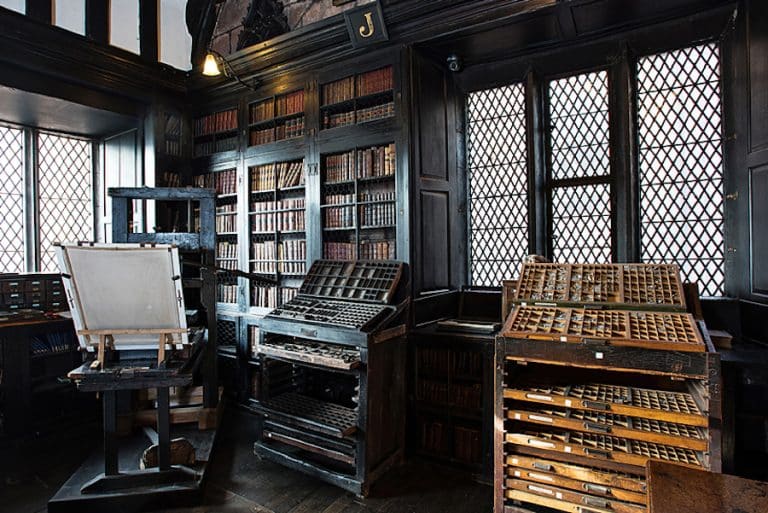
Discover the captivating history behind the English-speaking world’s first library

From barefoot boy to Ballon d’Or – celebrating the man who bought magic to Manchester


Calling all fun-loving kids to apply for Greater Manchester’s coolest job











